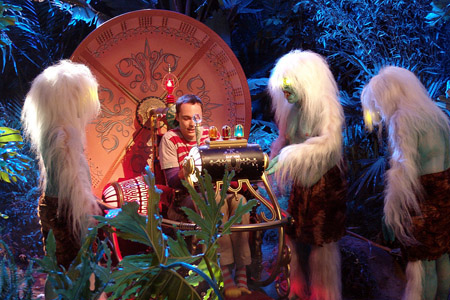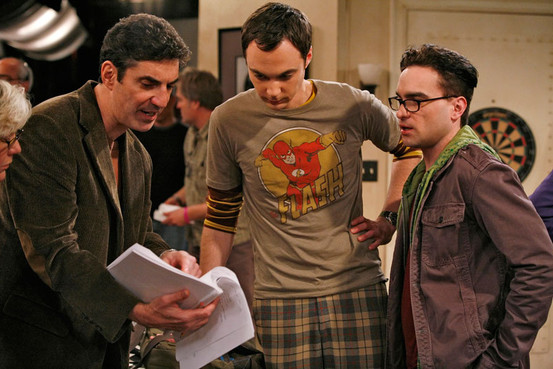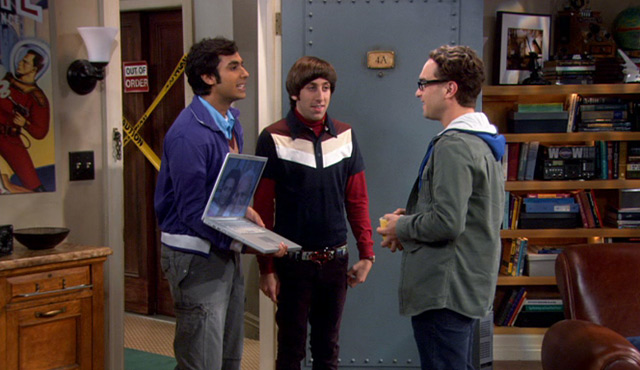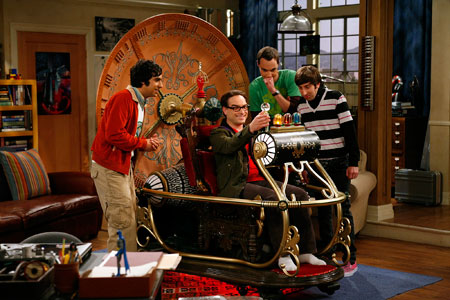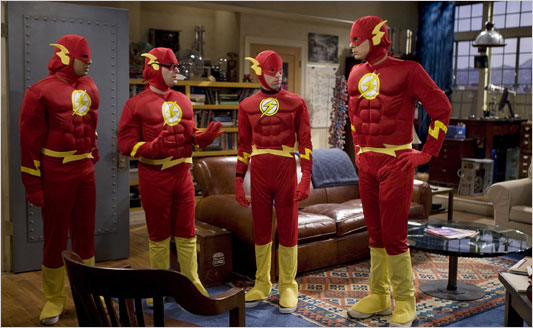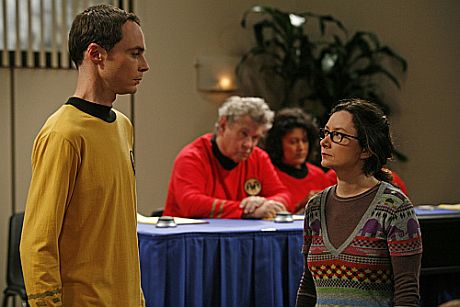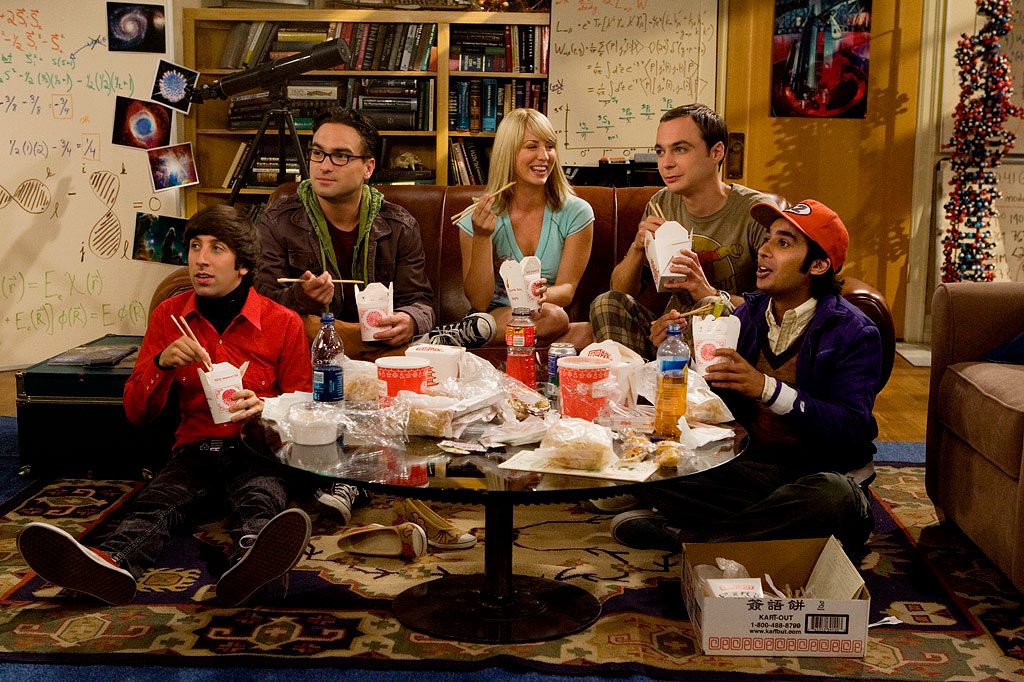 CELEBS
CELEBS In Which We Go To The Grave of Marilyn Monroe
 Tuesday, June 2, 2009 at 9:40PM
Tuesday, June 2, 2009 at 9:40PM 
Notes from California
by MARY GORDON
I
M. takes me to the grave of Marilyn Monroe. The roses on the grave are held together with pink ribbons. On the ribbons are messages in gold paper letters. The letters say:
Sweet Angel Marilyn
With God In Heaven Forever
In Heaven Your Home
Pray for me Here
I Love you only forever

On another grave are the words:
Leesa de Bois
December 25, 1977
What Shall We Do With Our Lives?

II
In the evening, in the room where I work, not in the historic room where I can see the tower, in the blank room here, I read this in a book by Kierkegaard: "I knew a person who on one occasion could have saved my life, if he had been magnanimous. He said, 'I see well enough what I could do but I do not dare to. I am afraid that later I might lack strength and that I might regret it.' He was not magnanimous, but who for this cause would not continue to love him?"
I cannot think what this could possibly mean.

III
A local artist has created an installation of retablos and ex-votos, images of saints, expressions of gratitute for favors granted. But his retablos commemorate unanswered prayers. Among the flowers and the images of saints, such things as this are written:
Because my mother who cared so much for us and who we really loved felt depressed to see us without home or money, she killed my little sister Summer and my little brother Brian while they were asleep and then she killed me in spite of my screams, and then she committed suicide. I ask Saint Dominic Savio, protector of the poor, Why did she do this to us? And I will ask him for all eternity.

IV
A man I sat next to at dinner tells me this:
"I was traveling from Denmark to Germany. It was 1959. I took a ferry into Germany, and after that a train. From the train you could still see the devastations from the war. I don't read German or Danish. The papers, the immigration papers, were in German or Danish. I made a mistake on the immigration form. I wrote in the place of entry for the place of exit and vice versa. I knew I'd made a mistake, but I didn't feel like changing it. When I got to Berlin, they told me there was trouble with my papers, and they put me in a detention cell. I was guarded by a Russian soldier. I didn't feel in danger. I lit up a cigarette. The Russian soldier knocked it out of my mouth. But I knew he was only pretending to be angry. I knew he only wanted to communicate. I gave him a cigarette. He looked around to see that no one was watching him. He lit the cigarette. He put his gun down. He smiled at me. Then he said, 'Jack London.'
I smiled back and said: 'Tolstoy.'
He said: 'Mark Twain.'
I said: 'Dostoevsky.'
'OK,' he said.
'Spasibo,' I said. 'Da.'
I knew that he could have killed me but that he was not going to kill me."

V
I am waiting to get my hair cut, reading a crumpled copy of Life magazine. There is a picture of an old Greek woman standing behind a church. She is wearing the traditional old woman's garments: black kerchief, black shoes, long black dress. She is toothless, grinning. She is holding in her hand a grinning skull. In the back of the church there is a graveyard. Against the walls of the church there are piles of bones, sorted by type: skulls in one pile, leg bones in another. The old woman asked the photographer to take her picture holding this skull. She could tell, she said, that it was the skull of one of her old rivals. She did not say how she could tell. But she wanted her picture taken, she said to the photographer. "Because she is dead and I am not dead. You can see me here, alive. I want everyone to see me here, alive."

VI
Everywhere I have been I have thought at least once a day of my dead father. He has been dead for over thirty years. In a book he inscribed for me are these words, in his handwriting, a translation of a line of Virgil: "Among the dead there are so many thousands of the beautiful.

VII
At the cemetary where Marilyn Monroe is buried, some of the gravestones have inscribed on them the likeness of a mountain and a lake. Two people, a husband and a wife, have inscribed their signatures in bronze. A dentist has his name and D.D.S. A famous drummer has below his name "One of a Kind." Flowers frow in pots on the flat gravestone of a famous murdered girl.
People are buried with their nicknames: Fannie, Muzzie, Poppy.
People are buried with testimonials: "She left the greatest legacy of all. She left us love."
The famous dead of movies, and the dentist, and Leesa de Bois, December 25, 1997, Christmas, no other date inscribed.
Did she die on the day of her birth?
"What shall we do with our lives?"
The famous dead of movies lie in the shadows of the green buildings that seem made of bottle glass.
An art collector has constructed for his death a mausoleum bigger than a house.
This essay is from Mary Gordon's collection Good Boys and Dead Girls.

"Ensemble" - Coeur de Pirate (mp3)
"Intermission" - Coeur de Pirate (mp3)
"Comme des Enfants" - Coeur de Pirate (mp3)
cdp myspace

 california,
california,  death,
death,  marilyn monroe,
marilyn monroe,  mary gordon
mary gordon 





























